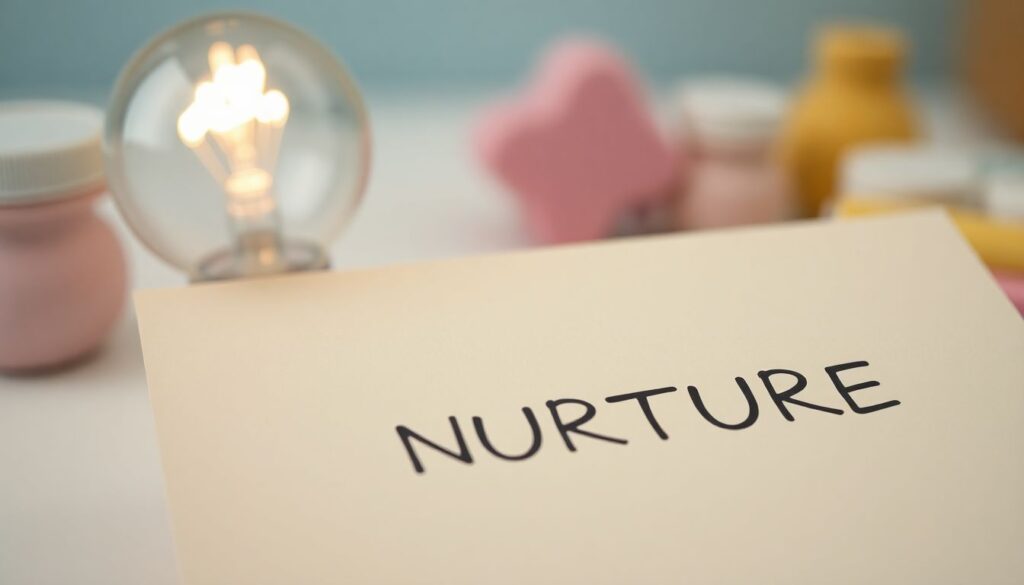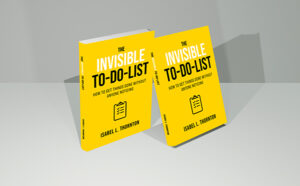
Autistic burnout recovery can feel overwhelming—especially if you think it requires a massive lifestyle overhaul. But here’s the truth: you don’t have to change everything overnight. In fact, it’s the smallest daily choices, done with consistency and compassion, that often lead to the biggest shifts.
In Embracing Self-Care for Autistic Burnout: Your comprehensive resource for managing autistic burnout, we highlight realistic, low-demand daily habits that support the nervous system, restore energy, and gradually rebuild a sense of safety and stability.
Why Small Habits Matter
During burnout, your capacity is limited. Cognitive energy, emotional bandwidth, and sensory tolerance are all diminished. Rather than pushing through, recovery begins when you:
- Lower the bar without losing intention
- Choose repeatable actions that don’t rely on motivation
- Focus on regulation, not productivity
Consistency, not intensity, is the key to regaining balance.
10 Daily Habits That Actually Help
These habits were shared by autistic adults in the book who successfully used them during burnout recovery:
1. 🥤 Drink a Glass of Water First Thing in the Morning
Hydration supports sensory regulation and energy levels. Keep a bottle by your bed.
2. 🌬️ Take Three Deep, Slow Breaths Once a Day
Don’t worry about “doing it right.” Just pause and breathe. Even once a day creates a shift.
3. 🧠 Use the Same Phrase to Start and End the Day
Repetition soothes the brain. Try: “Today I will go gently.” or “I did enough.” Simple mantras bring grounding.
4. ✍️ Track One Emotion or Sensation Daily
Use an emoji, word, or color. It creates self-awareness without pressure to explain.
5. 🎧 Wear Noise-Canceling Headphones During a Stressful Task
Even if it’s folding laundry or working from home—this reduces background stress.
6. 🧴 Touch One Comforting Texture or Object
Weighted blanket, soft scarf, textured rock—engage your senses for grounding.
7. 📱 Set One Reminder to Check In with Yourself
Ask: “How am I doing?” You don’t need to do anything—just notice.
8. 💡 Turn Off Harsh Lights When Possible
Dim lighting can dramatically reduce sensory strain.
9. 🛑 Say No to One Unnecessary Task a Day
Build boundaries in small steps. Say no to a favor, email, or plan that drains you.
10. 💚 Thank Yourself for Something
“I handled that well.” “I protected my energy.” “I showed up for myself.” Your brain needs positive reinforcement, especially during recovery.
Small Doesn’t Mean Weak—It Means Sustainable
Big leaps often lead to burnout again. But small, daily habits? They build trust with yourself. They signal safety. And they help rewire your brain to feel calm, seen, and capable again.
“This book taught me that recovery isn’t about doing more—it’s about doing less, but with love.” – Verified Amazon Reviewer
Build Your Routine with Confidence
Embracing Self-Care for Autistic Burnout includes printable daily habit trackers, pacing guides, and gentle reminders that help you slowly create a life that works for you—not against you.
🌿 Start building small wins that lead to real recovery
Author

Laura Mitchell writes with a focus on supporting autistic adults and those navigating the challenges of autistic burnout. Drawing on personal experiences and countless conversations within the neurodivergent community, she creates resources that are compassionate, practical, and easy to follow.Her work is grounded in a belief that autistic voices deserve to be heard and understood, and that self-care should be accessible and validating for everyone. Through her books, Laura aims to provide encouragement, clarity, and strategies that help readers build lives that feel sustainable and authentic.When she’s not writing, Laura enjoys quiet routines, creative hobbies, and walking in the hills close to her country home.





